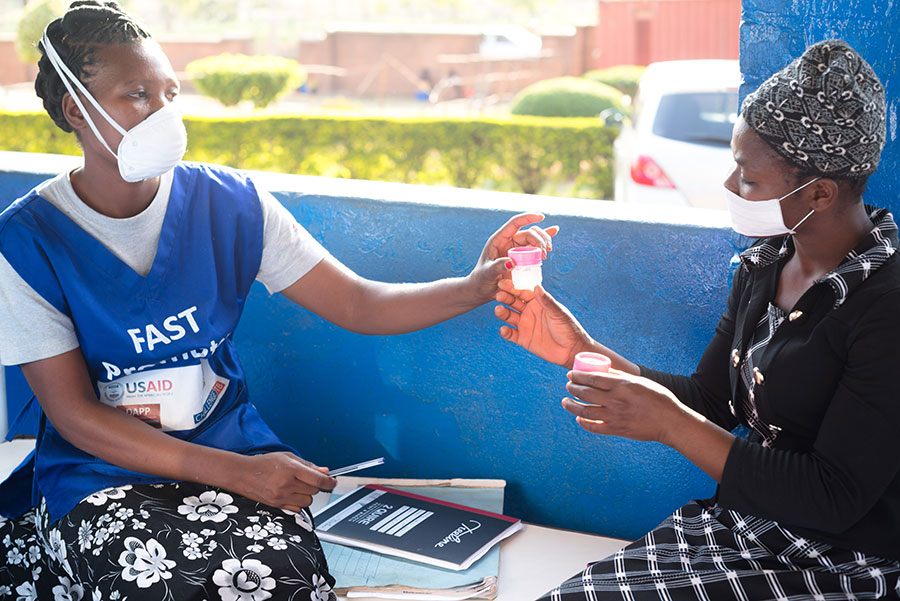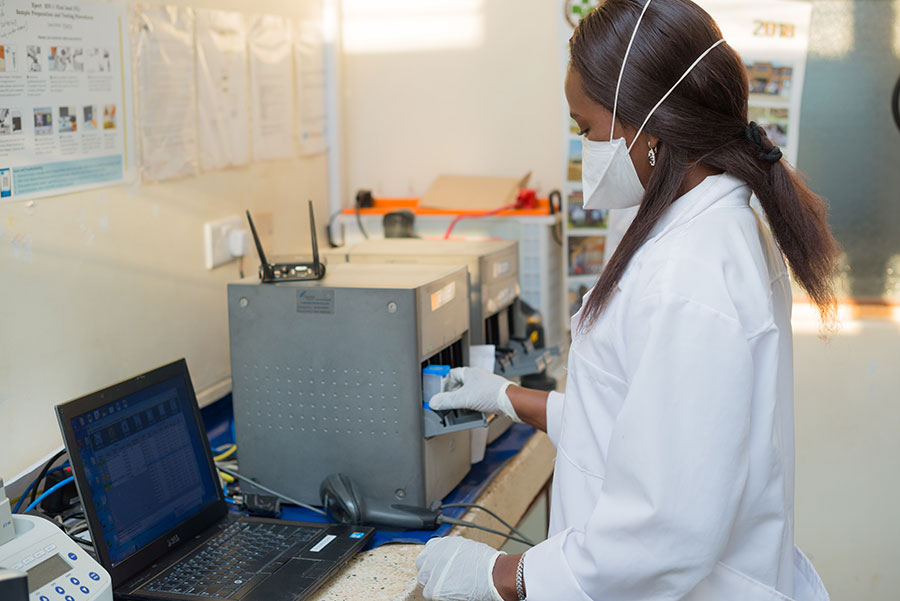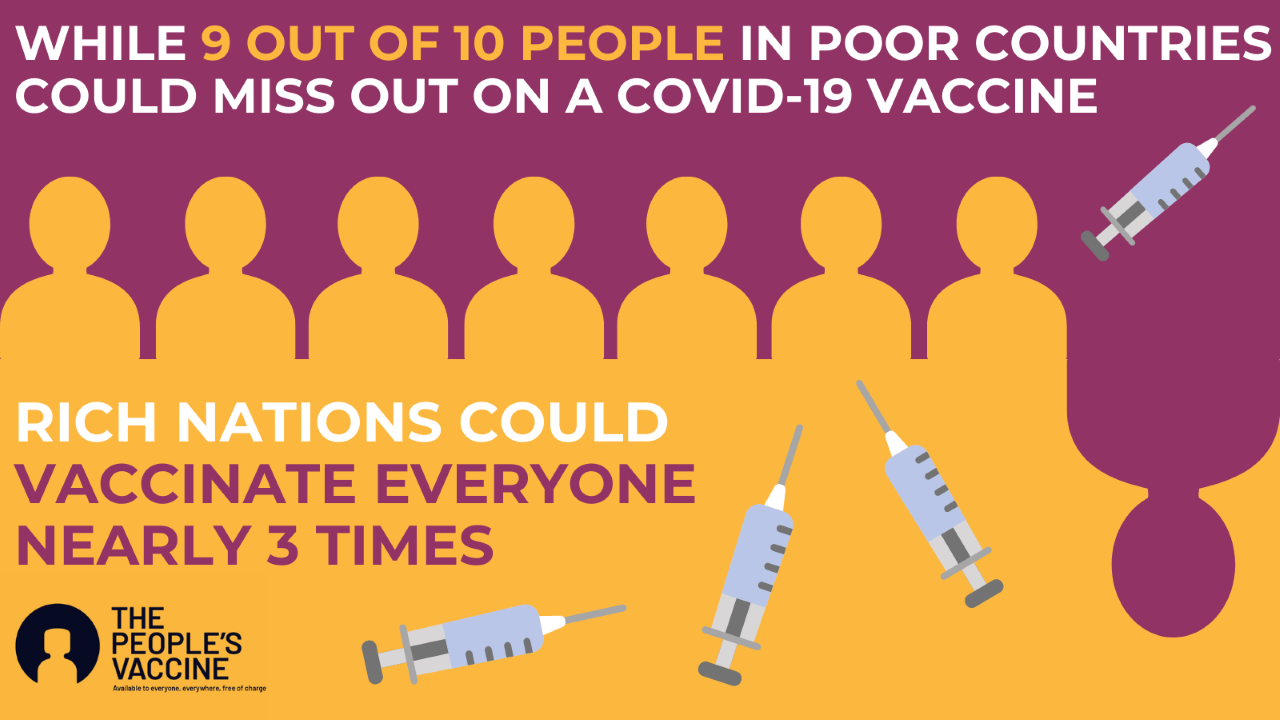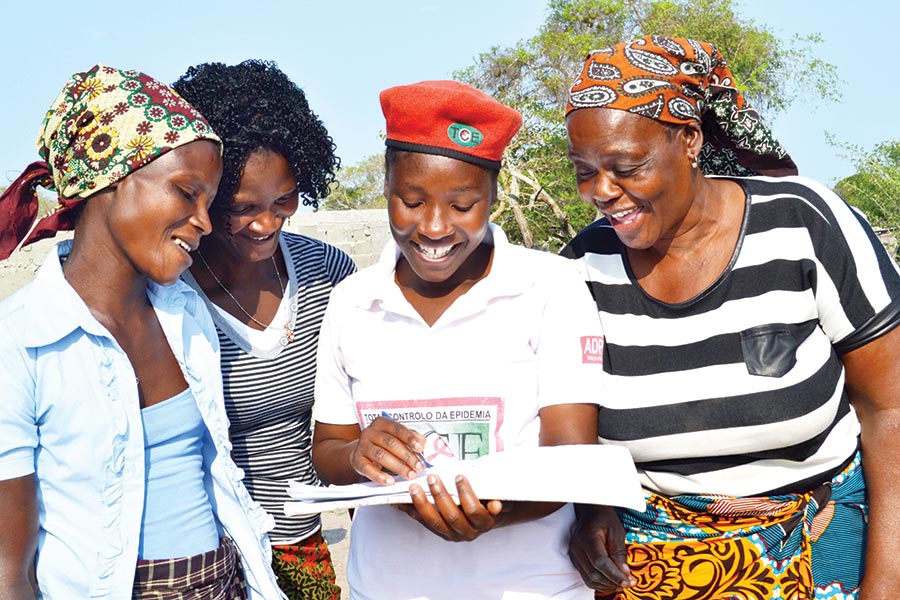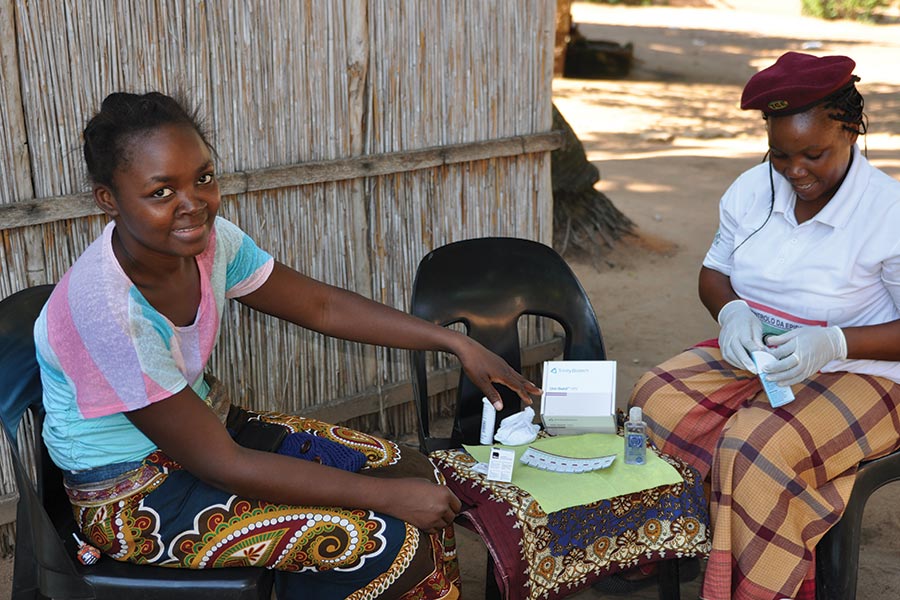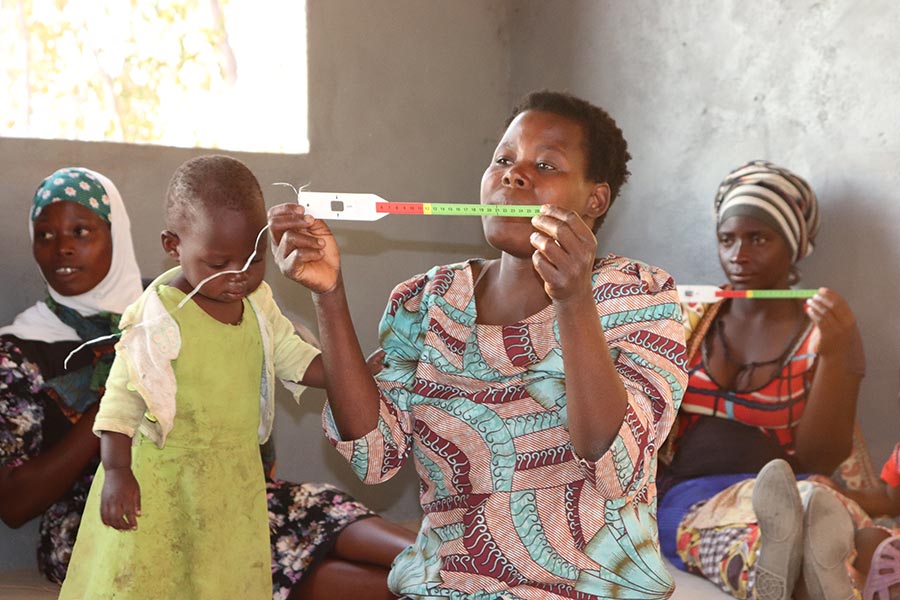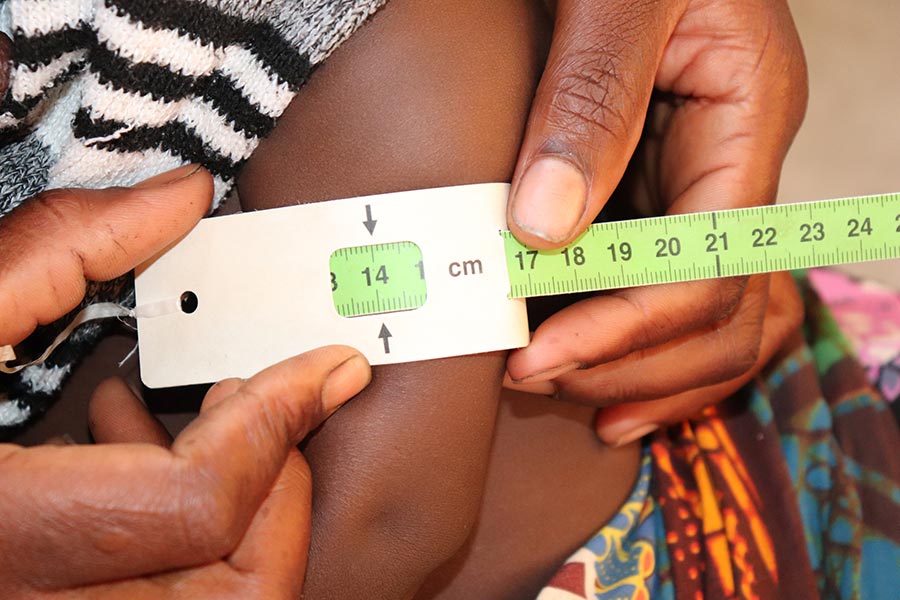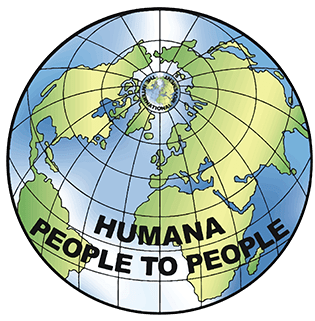Written by DAPP Malawi. Posted in Health
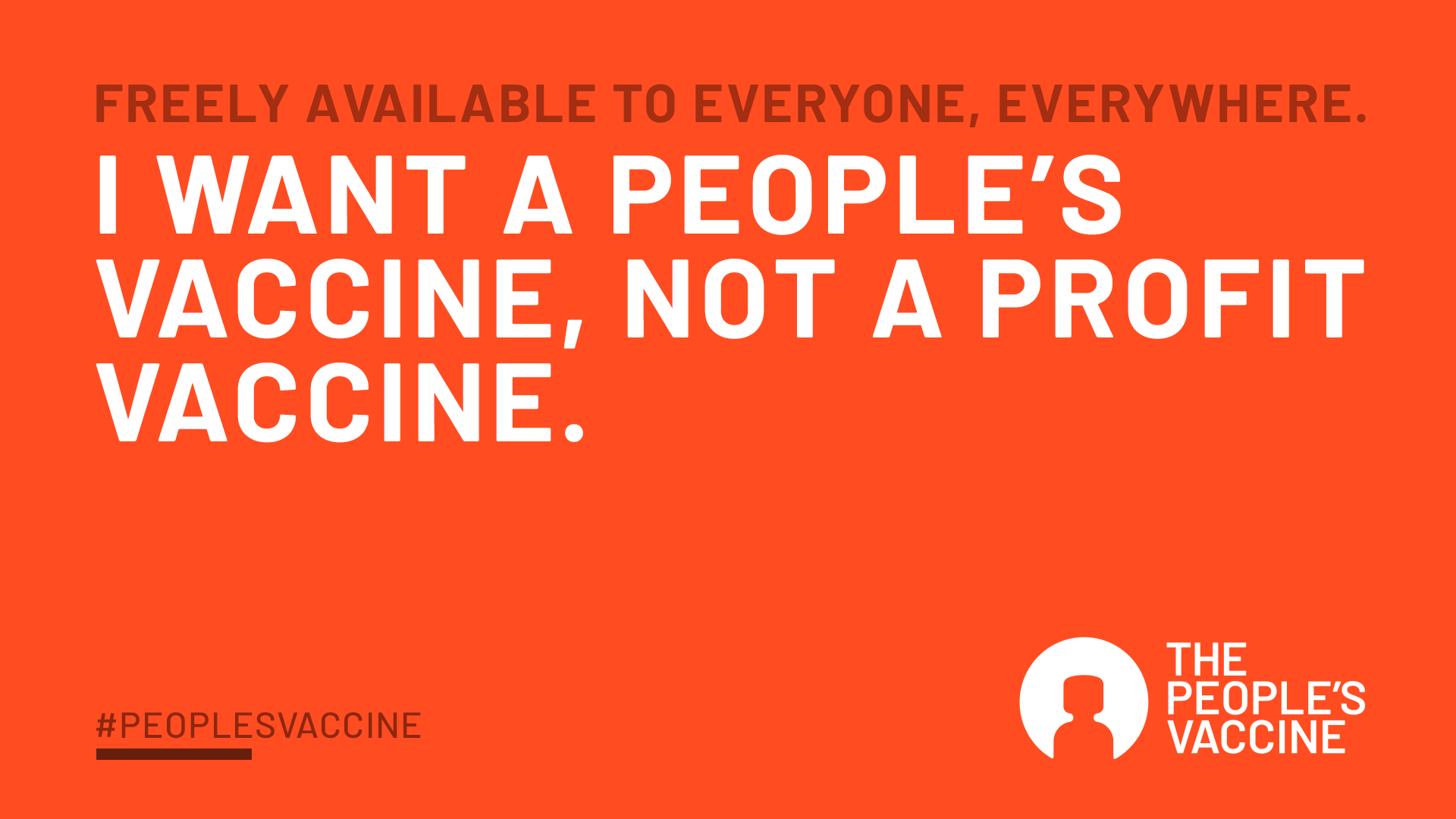
US, UK and EU blocking proposals at WTO to help poorer countries get vaccines more quickly

One year on from the declaration of the COVID-19 pandemic, the People’s Vaccine Alliance is warning that developing countries are facing critical shortages of oxygen and medical supplies to cope with COVID-19 cases yet the majority have been unable to administer a single dose of a COVID-19 vaccine. In contrast rich nations have vaccinated their citizens at a rate of one person per second over the last month.
Many of these rich nations, including the US, UK and EU, are blocking a proposal by over 100 developing countries to be discussed at the World Trade Organisation (WTO) today, which would override the monopolies held by pharmaceutical companies and allow an urgently needed scale up in the production of safe and effective COVID-19 vaccines to ensure poorer countries get access to the doses they desperately need.
While more poor countries will see the arrival of doses in the coming days from the World Health Organisation’s COVAX facility, the amounts available mean only three per cent of people in those countries can hope to be vaccinated by mid-year, and only one fifth at best by the end of 2021.
Almost one million people worldwide have signed a call by the People’s Vaccine Alliance – a group of campaigning organisations including Oxfam, Frontline AIDS, UNAIDS, Global Justice Now and the Yunus Centre – for rich nations to stop protecting big pharma monopolies and profits over people’s lives. On 11 March protests will take place outside pharmaceutical headquarters as part of a global day of action by activists across the world.
Recent public opinion polls carried out by YouGov for the Alliance in the US, France, Germany and the UK found that on average, across these countries, more than two-thirds (69 per cent) of people thought that governments should ensure vaccine science and know-how is shared with qualified manufacturers around the world rather than remaining the exclusive property of a handful of pharmaceutical giants and that vaccine developers should be adequately compensated for this.
Oxfam International’s Executive Director, Gabriela Bucher, said: “Around the world, two and a half million lives have already been lost due to this brutal disease and many countries are battling without adequate medical care and no vaccines. By allowing a small group of pharmaceutical companies to decide who lives and who dies, rich nations are prolonging this unprecedented global health emergency and putting countless more lives on the line. At this crucial time, developing countries need support – not opposition.”
The Alliance warned that in South Africa, Malawi and other African nations history is in danger of repeating itself. Millions of people died in the early 2000’s because pharmaceutical monopolies had priced successful treatments for HIV/AIDS out of reach at up to $10,000 a year.
Lois Chingandu, activist and Director of Evidence and Influence at Frontline AIDS, said: “Here in Zimbabwe, I have lost many dear friends, struggling to breathe in their last moments. It is a cruel irony that activists who fought tirelessly for free medicines for HIV/AIDS are now being killed by COVID-19 because, yet again, pharma profits are being put ahead of people’s lives.”
Pharma monopolies were eventually overruled allowing the mass production of cheap effective treatment for those living with HIV/AIDS, meaning millions of people are alive today who would otherwise have perished.
On 10-11 March, more than 100 developing countries, led by South Africa and India will again make the case at the WTO for a waiver of Trade-Related Aspects of Intellectual Property (TRIPS), which would remove legal barriers for more countries and manufacturers to produce the vaccines, protect their people and join the economic recovery ahead.
Nobel Laureate Professor Muhammad Yunus, one of the leaders of the People’s Vaccine Alliance said: “For the rich world, this proposed act of human solidarity to ensure that medicines and vaccines get to the whole human family simultaneously is in their own self-interest, not just an act of charity.
“We should act now. There is no going back. It is totally unfair that rich countries, who have enough vaccines to protect their citizens, are blocking the TRIPS waiver, which could help poorer countries get the vaccines they need.”
All the leading vaccine developers have benefited from billions of dollars in public subsidies, yet pharmaceutical corporations have been handed the monopoly rights to produce and profit from them.
At the same time qualified vaccine producers all over the world stand ready to produce more vaccines if they were allowed access to the technology and know-how now being held under lock and key by these companies. New capacity could be brought on stream within months. Suhaib Siddiqi, former director of chemistry at Moderna, producer of one of the first approved vaccines, said that with the blueprint and technical advice, a modern factory should be able to produce vaccines in at most three to four months.
France has called for the expansion of production in developing countries, and the US has moved to achieve the same domestically. But so far both countries continue to defend the monopolies of pharma corporations.
To control the virus, enough doses of vaccines need to be produced in different geographies, priced affordably, allocated globally and widely deployed for free in local communities. Thus far, the world is failing on all four fronts.
Winnie Byanyima, Executive Director UNAIDS, said: “Amid so much personal selflessness, sacrifice and heroism, the People’s Vaccine Alliance denounces the hypocrisy, emptiness of human solidarity and myopic self-interest that defeats efforts to control the virus in countries. Only a truly global mobilization of vaccine production to rapidly scale-up the total number of low-cost doses available will get the job done.”
Nick Dearden, Director of Global Justice Now, said: “One year into the global pandemic, it’s an outrage that vaccine factories are lying idle, unable to produce COVID-19 vaccines because rich countries are prioritising the patents of pharmaceutical companies ahead of the lives of people across the world. A global suspension of patents is needed to speed up the production of these vaccines everywhere.”
Written by DAPP Malawi. Posted in Health
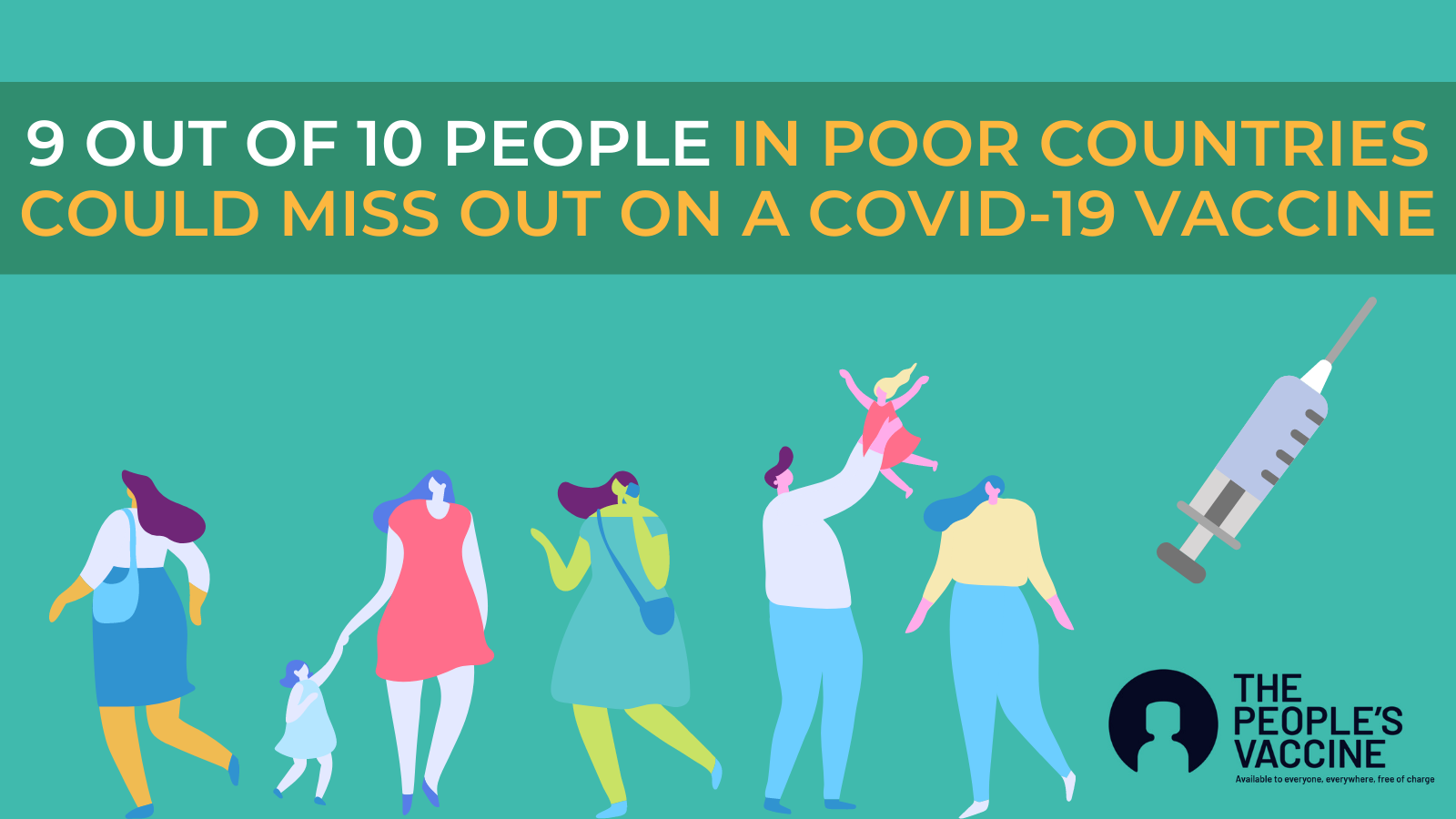
Today’s humanity is under siege from COVID-19 pandemic, a development which has brought far reaching social and economic challenges to each and every country across the globe. The 11th of March 2020, was the day the World Health Organisation declared the COVID-19 global health challenge a pandemic.
COVID-19 pandemic is threatening us all. No individual, community or country can deal with this crisis alone. To beat the pandemic and avert harm to the lives of billions we must work together. We need to act across all countries and for every person. Fighting for some but not others is not an option. It only fuels risk for us all.
The united call by World Leaders in 2020 for a people’s vaccine
Nine months ago, more than 140 world leaders, experts and elders made an unprecedented call for guarantees that COVID-19 vaccines, diagnostics, tests and treatments will be provided free of charge to everyone, everywhere.
“Billions of people today await a vaccine that is our best hope of ending this pandemic,” said Cyril Ramaphosa, President of South Africa at the June meeting. “As the countries of Africa, we are resolute that the COVID-19 vaccine must be patent-free, rapidly made and distributed, and free for all. All the science must be shared between governments. Nobody should be pushed to the back of the vaccine queue because of where they live or what they earn.”
“We must work together to beat this virus. We must pool all the knowledge, experience and resources at our disposal for the good of all humanity,” said Imran Khan, Prime Minister of Pakistan. “No leader can rest easy until every individual in every nation is able to rapidly access a vaccine free of charge.”
The world leaders meeting resulted in a letter, coordinated by UNAIDS and Oxfam, warning that the world cannot afford monopolies and competition to stand in the way of the universal need to save lives.
Humanity still stands at risk of the COVID-19
According to World Health Organisation as of 3 March 2021, COVID-19 had infected more than 114 million people and killed more than 2.5 million in the whole world. Each day these numbers are increasing.
12.6 million people living with HIV are not on HIV treatment, according to UNAIDS 2020. Just like HIV and AIDS, COVID-19 has a disproportionate impact on people who are already excluded. The same can be leveled against TB, a respiratory disease which is most prevalent in the developing countries and mostly affecting the poor and marginalised communities. The very people who are missing to be found and brought to treatment, stand a big chance of losing life to the raging threat of COVID-19.
At the Chatham House interaction held in United Kingdom on 26 January 2021, the UNAIDS Executive Director Winnie Byanyima made it clear that 9 in 10 people in the poorest countries are set to go without a vaccine this year. She clearly indicated that, a small group of rich nations representing just 14% of the global population have bought up most of the supply of leading COVID-19 vaccine contenders until the end of 2021.
Distribution of the COVID-19 vaccine
It is critical that COVID-19 vaccines are fairly distributed around the world, and that low and middle-income countries do not miss out. Failing to do so would be a catastrophic moral failure and could lead to a profound setback to human equality.
Safe and effective COVID-19 vaccines must be treated as a global public good, and equal access seen as a fundamental human right. They need to be fairly distributed on the basis of need, and not ability to pay. The COVID-19 vaccines must be free from patents and be defined as a People's Vaccine, not a profit vaccine.
Without this equitable distribution, as wealthy countries protect themselves from the worst effects of the virus, poorer countries will be left vulnerable to new outbreaks, worsening existing poverty and inequalities.
It is the responsibility of all leaders to ensure fair access to COVID-19 vaccines around the world.
The richer countries must play their part by avoiding “vaccine nationalism” and resisting actions such as buying up the majority of the world’s vaccine supply, which will reduce access elsewhere.
The problem is not just that there is not enough money, and not just that the vaccines are being allocated unfairly. It is that there are not enough vaccines being made.
Humana People to People is fully supporting the call made by People’s Vaccine Alliance which seeks to ensure the following:
- Ensure the vaccine is purchased at true cost prices and provided free of charge to people.
- Prevent monopolies on vaccine and treatment production by making public funding for research and development conditional on research institutions and pharmaceutical companies freely sharing all information, data, biological material, know-how and intellectual property.
- Ensure the vaccine is sold at affordable prices: Pricing must be transparent and based on the cost of research, development and manufacturing, as well as taking into account any public funding provided.
- Implement fair allocation of the vaccine which prioritizes health workers and other at-risk groups in all countries.
- Ensure full participation of governments in developing countries as well as civil society from north and south in decision-making fora about the vaccines (and other COVID-19 technologies) and ensure transparency and accountability of all decisions.
Our best chance of all staying safe from COVID-19 is to have vaccines, tests and treatments that are available for all.
